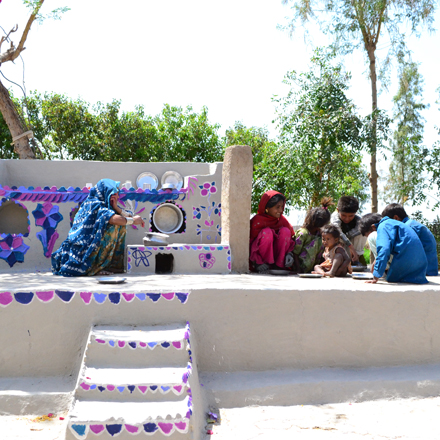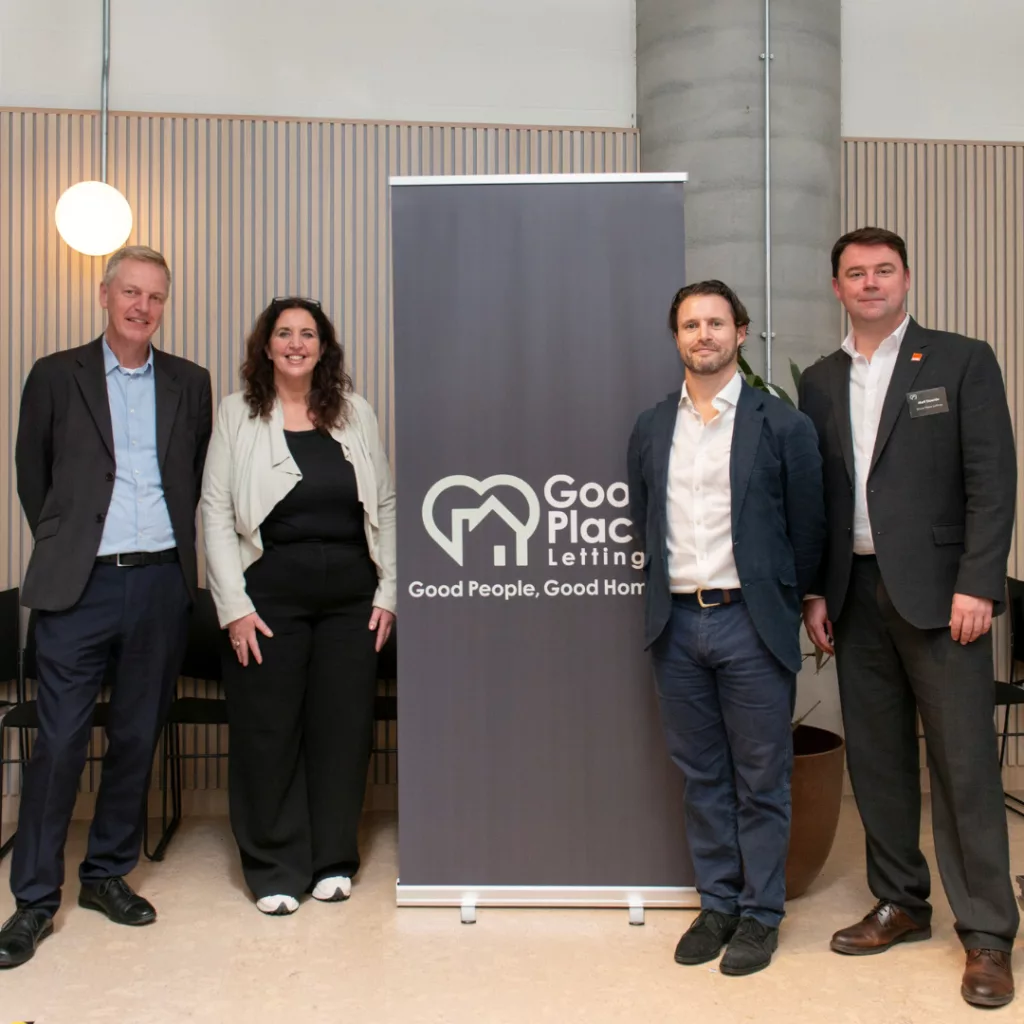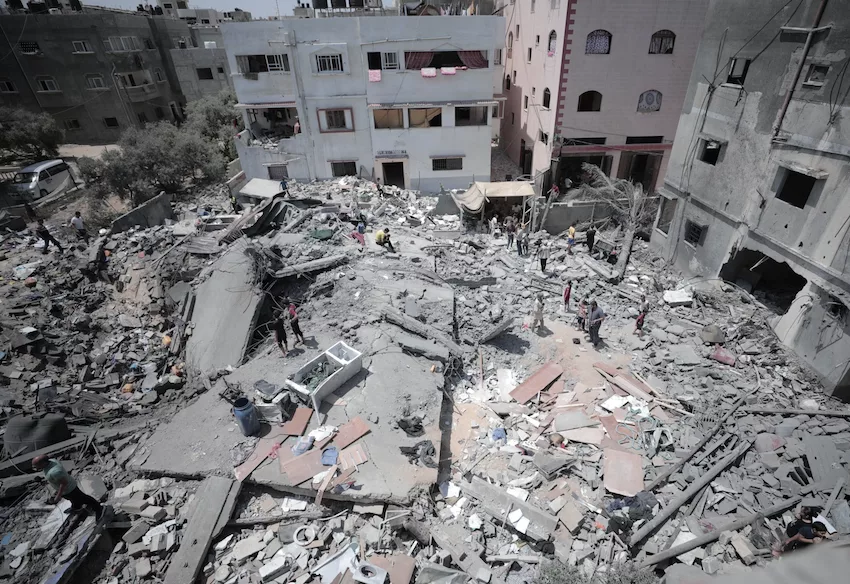An organisation using some of the millions of empty properties in Japan to tackle the stigma faced by single mothers and a programme to build low-cost smokeless stoves helping to improve women’s health and alleviate poverty in rural Pakistan are the Winners of this year’s World Habitat Awards.
Affordable and safe housing for single mothers, Japan: works with property owners, estate agents and local government. They acquire empty or abandoned properties to renovate for single mothers and their children. The scheme, run by not-for-profit organisation Little Ones, supports vulnerable women who suffer social stigma and as a result, find it particularly difficult to access affordable tenancies.
Pakistan Chulahs – The smokeless stoves empowering women and changing lives: run by the Heritage Foundation of Pakistan, this programme teaches women in rural Pakistan to self-build hygienic, sustainable, smokeless earthen stoves. These Chulah stoves not only improve health but also empower women to earn a living by marketing and building stoves in other villages.
Alongside these Winners are eight Finalists including two who have received a Special Mention from the judges:
- Promoting local building cultures, Haiti (Special Mention)
Improving building techniques and preserving local cultures following natural disasters, to allow homes to become more resilient. - Startblok – Bringing young people and refugees together through housing, Netherlands (Special Mention)
Creating affordable tenancies for refugees and young Dutch people through use of empty containers on disused land. - Plastic bottle houses for Sahrawi refugees, Algeria
An innovative approach to recycling plastic bottles to build homes for Sahrawi refugees. - Crossroads participatory urban art projects, International
Transforming neighbourhoods through public murals in 19 communities across 13 countries. - ‘Model Street’ – Making cities together, Kenya
Helping the community to make their neighbourhood (close to the Dandora Dumpsite in Nairobi) brighter, cleaner, healthier and safer. - EarthEnable, Rwanda and Uganda
Replacing dirt floors to dramatically improve health and dignity of families. - ‘Warm Comfort’ and energy-saving microloans, Tajikistan
Introducing micro-finance to improve energy efficiency in homes in remote communities. - Praxis and Commonweal – no recourse to public funds housing, United Kingdom
Providing housing and support for vulnerable migrant women and children with no access to Government support.
Maimunah Mohd Sharif, UN-Habitat Executive Director, said: “I am proud that UN-Habitat supports the work of communities and people to innovate towards more sustainable and affordable housing solutions. The 2018 World Habitat Award Winners and Finalists promote housing solutions that change people’s lives and contribute to their well-being.”
Leilani Farha, the UN Special Rapporteur on the right to adequate housing, said: “I would like to congratulate the 2018 World Habitat Award Winners and Finalists. These projects put the right to housing in action, transforming and empowering some of the most vulnerable communities and neighbourhoods at a time when housing challenges across the world are heightened. Through their work, they are demonstrating what is possible; I hope their housing solutions will inspire similar rights-based projects where they are needed most.”
David Ireland, Director of World Habitat, funders and co-ordinators of the World Habitat Awards, said: “All of our ten Winners and Finalists have had an enormous impact on individuals, families and communities by providing them with somewhere safe and secure to live. Through these improvements, their health is significantly better, and their futures are brighter and more positive. Each project is proof that without somewhere decent to live, it is virtually impossible to progress in life.”
Full details can be found at www.worldhabitatawards.org.
Each year the World Habitat Awards are presented to ten of the most outstanding and innovative housing projects from across the world. In 2018 over 200 projects and programmes entered the Awards.




